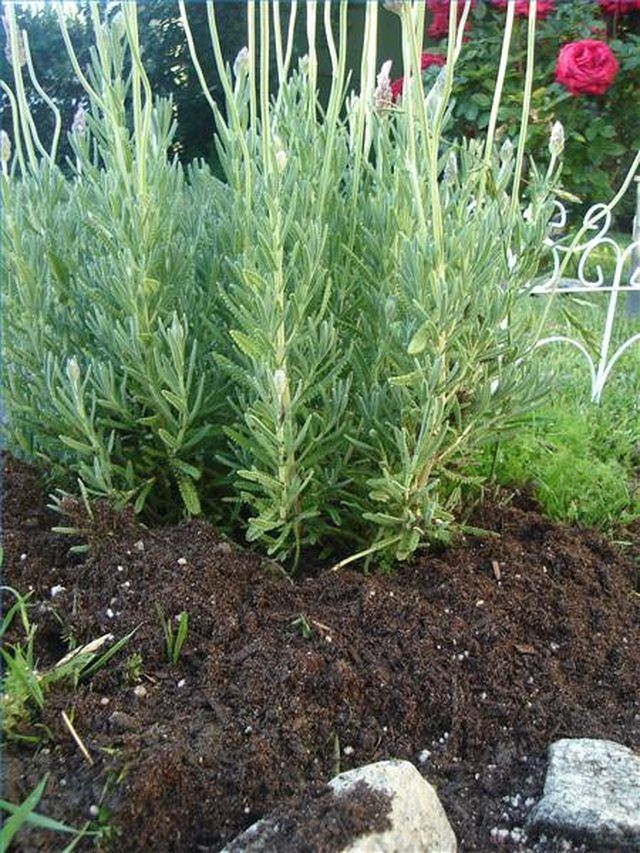Bulbs
Flower Basics
Flower Beds & Specialty Gardens
Flower Garden
Garden Furniture
Garden Gnomes
Garden Seeds
Garden Sheds
Garden Statues
Garden Tools & Supplies
Gardening Basics
Green & Organic
Groundcovers & Vines
Growing Annuals
Growing Basil
Growing Beans
Growing Berries
Growing Blueberries
Growing Cactus
Growing Corn
Growing Cotton
Growing Edibles
Growing Flowers
Growing Garlic
Growing Grapes
Growing Grass
Growing Herbs
Growing Jasmine
Growing Mint
Growing Mushrooms
Orchids
Growing Peanuts
Growing Perennials
Growing Plants
Growing Rosemary
Growing Roses
Growing Strawberries
Growing Sunflowers
Growing Thyme
Growing Tomatoes
Growing Tulips
Growing Vegetables
Herb Basics
Herb Garden
Indoor Growing
Landscaping Basics
Landscaping Patios
Landscaping Plants
Landscaping Shrubs
Landscaping Trees
Landscaping Walks & Pathways
Lawn Basics
Lawn Maintenance
Lawn Mowers
Lawn Ornaments
Lawn Planting
Lawn Tools
Outdoor Growing
Overall Landscape Planning
Pests, Weeds & Problems
Plant Basics
Rock Garden
Rose Garden
Shrubs
Soil
Specialty Gardens
Trees
Vegetable Garden
Yard Maintenance
What Is Compost Used For?
What Is Compost Used For?. Compost is decomposed plant matter. Although it gives some nutrients, particularly nitrogen, back to the soil, its primary function is to improve the quality of soil. It can save you money and increase the productivity of your vegetable or flower garden.
Compost is decomposed plant matter. Although it gives some nutrients, particularly nitrogen, back to the soil, its primary function is to improve the quality of soil. It can save you money and increase the productivity of your vegetable or flower garden.
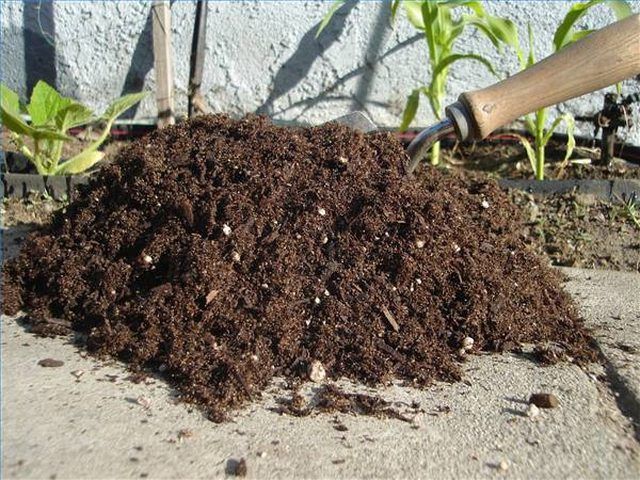
Compost improves your soil's structure so that it can retain moisture and hold it at the roots, where your plants need it the most. It also adds nutrients back in the soil.
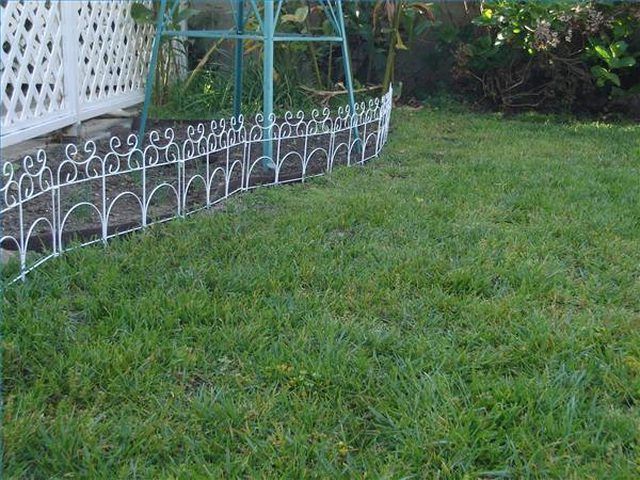
Adding compost to your vegetable or flower garden will help your plants' root systems grow stronger and produce more of whatever it is you're looking for. It will also reduce water runoff, saving you money on your next water bill.
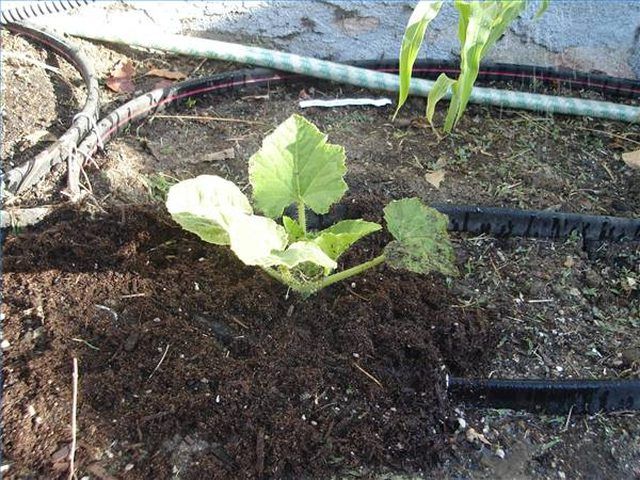
You can make compost "tea" by wrapping compost in cheesecloth and soaking it in water. Sprinkling the "tea" on your plants will give them an organic serving of nutrients.
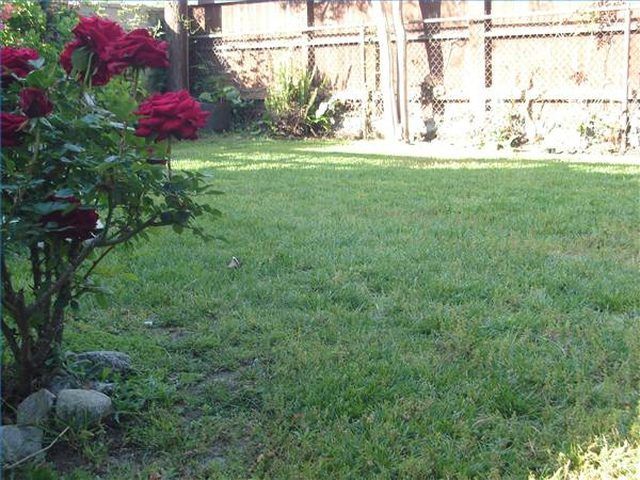
Compost, combined with vermiculite, makes an excellent potting soil for outdoor containers or indoor plants.
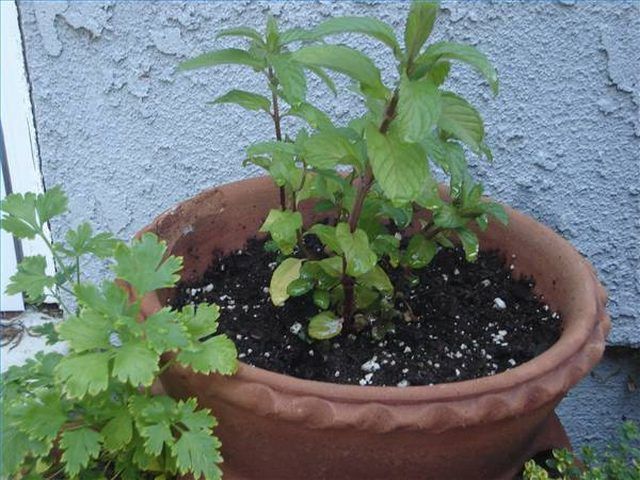
Although compost can be used as mulch around existing plants to retard weed growth, it's not the same thing as mulch. Typical bark mulch does a better job of reducing water evaporation than compost does.
